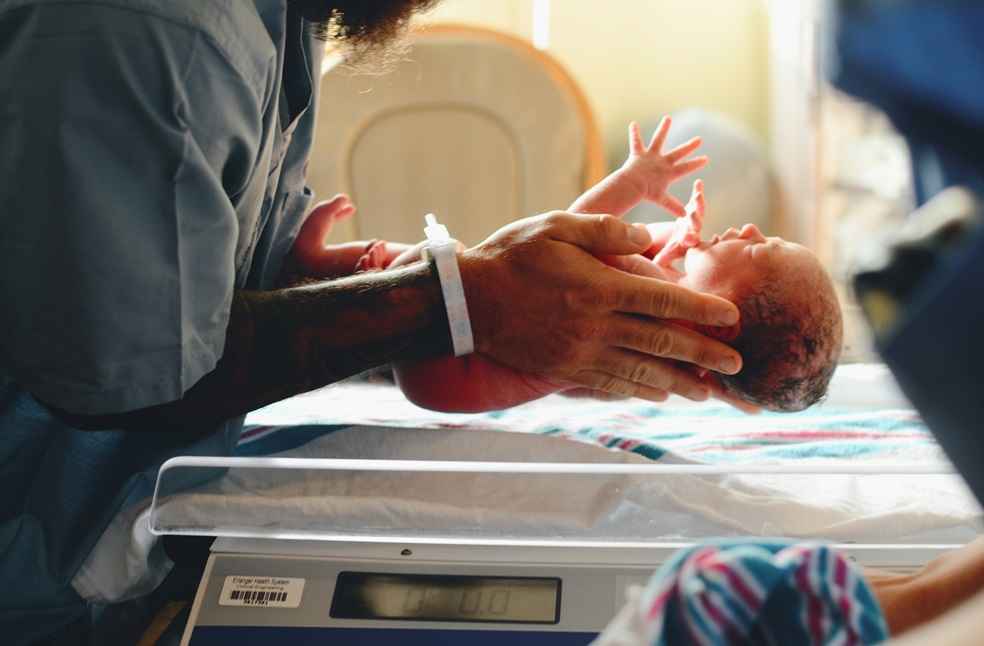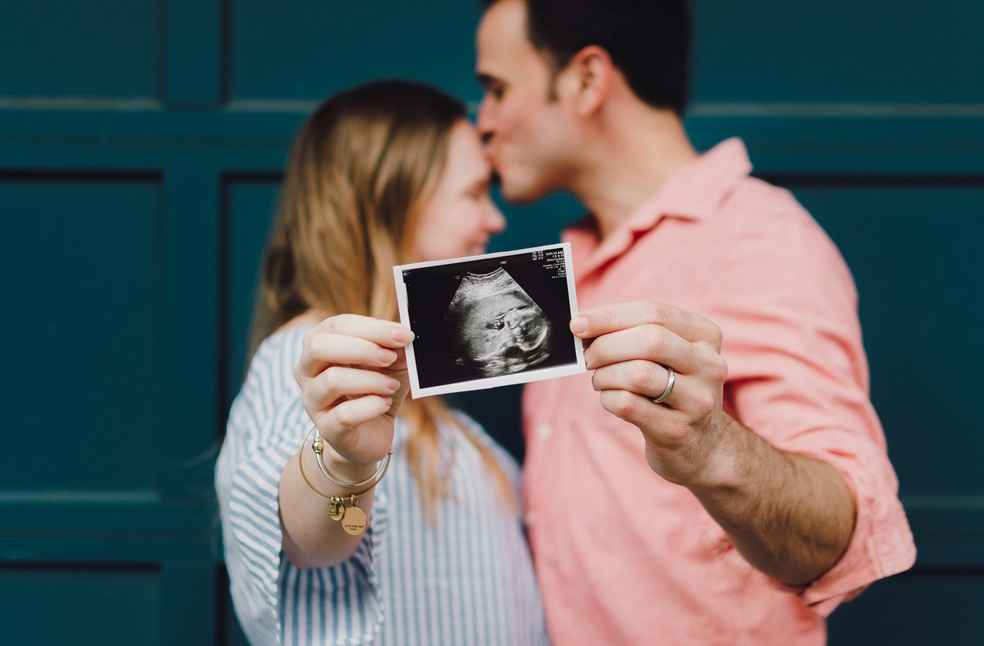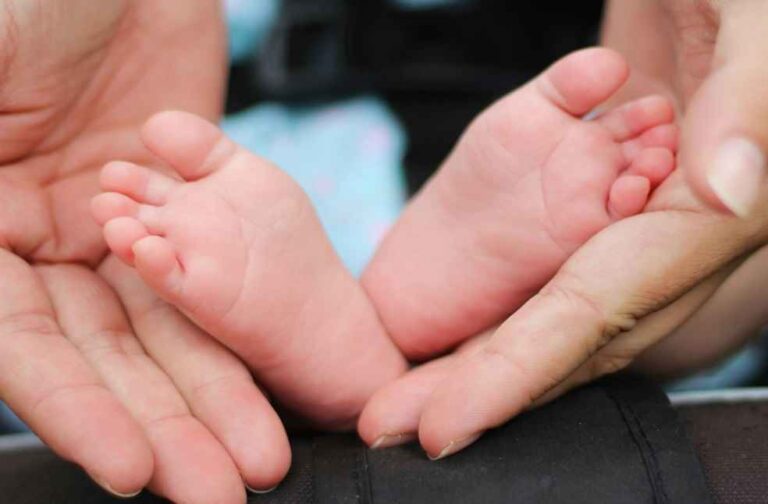United States: After the Alabama court ruling, doctors have recommended that freezing embryos for IVF treatment in order to ensure the best possible outcome for the mother and her child. If fertility clinics cease to use frozen embryos, women who undergo in vitro fertilization and their babies would face major health risks, while young cancer patients would lose the opportunity to have children.
Dr. Irene Dimitriadis, a reproductive endocrinologist and infertility specialist at the Mass General Fertility Center in Boston, expressed her concern about a possible reality where medicine would move backwards. She said that, “That is a possible reality. It hurts me to think of it because that means we’re kind of going backwards in medicine.”
An Alabama court ruling said that, IVF-created embryos are considered children, raising concerns that destroying or damaging embryos could lead to civil liability. Some fertility clinics in Alabama are closing, leaving patients in limbo. Meanwhile, clinics and doctors in other states are preparing for potential similar rulings or legislation. Doctors say frozen embryos have been used for more than 15 years because they are the safest option for women trying to conceive through IVF.

A fertility expert at Columbia University Fertility Center, Dr. Zev Williams commented that, “The reason we are freezing embryos is to help ensure the health of the woman and the pregnancy and for the babies. There are many cases where it is healthier for the pregnancy, the future child and for the mother to have embryos frozen.”
After the development of vitrification, a safe and rapid freezing process for the embryo, freezing embryos for IVF became the standard practice. Although there is still a risk of damage during the thawing process, doctors say complications are less likely than using fresh embryos as the only option.
Freezing embryos has the advantage that doctors can transfer one embryo into the uterus at a time. In the past, doctors would usually transfer several embryos at once in the hope that at least one would implant and develop into a pregnancy. However, this increased the chance of having triplets, quadruplets or more in some cases. By only transferring one embryo at a time, the chances of multiple pregnancies are reduced.

Dr. Emily Jungheim, chief of reproductive endocrinology and infertility at North-western Medicine, has stated that, “Most people in that situation will either deliver prematurely, or those fetuses don’t survive because the uterus is not meant to hold multiple babies. Higher-order multiples are always going to lead to time in the neonatal intensive care unit.”
“Multiple babies born prematurely face serious risks like blindness, damage to the bowels and other long-term disabilities. Mothers pregnant with multiples usually need to have a cesarean section. Putting that kind of stress on the body of the mother, we’re just learning about what that can do later in life to her,” she added.
“When going through an IVF cycle, the lining of the uterus sees higher levels of estrogen, which creates a nontypical environment. If you put the embryos back in that environment, there’s a higher risk of complications. It’s better not to transfer right away. It’s better for there to be a new, healthier lining,” Williams remarked.
Medications used for IVF can cause women to develop ovarian hyperstimulation syndrome, which causes the ovaries to become swollen and painful. Dimitriadis has said that getting pregnant in this condition is dangerous and can lead to blood clots, pulmonary embolism and death. “If I can freeze embryos instead and have her come back later, it’s safer,” Jungheim said.

Losing their fertility due to chemotherapy can be just as devastating for young cancer patients as a cancer diagnosis itself. Doctors suggest that the option to freeze embryos is the only silver lining during the most challenging phase of their lives.
“If a woman has cancer and has to go through treatment, that can obliterate her eggs. If she undergoes IVF and freezes embryos, once she recovers, she has embryos stored to help her build a family,” Williams added.
Doctors require frozen embryos to identify and diagnose severe genetic diseases, like cystic fibrosis or sickle cell disease, which can be transferred from parents to their offspring due to genetic mutations. In case the parents are already aware of being carriers, doctors can conduct small biopsies on the fetuses to detect which ones are healthy.
According to Dimitriadis, similar tests can be used for women who experience recurrent miscarriages to find the cause of those problems and ensure that they are only implanting healthy embryos. “You can imagine the struggles they go through. This can save them a lot of the angst and despair that they feel,” she said.



